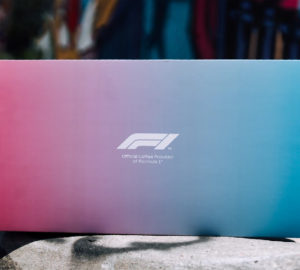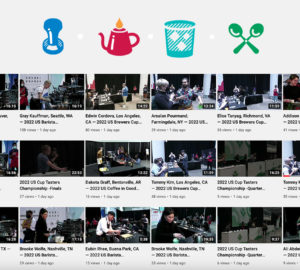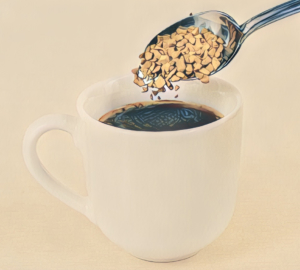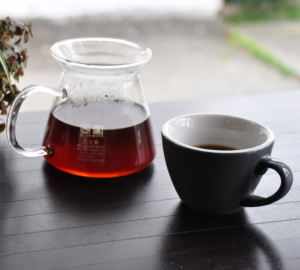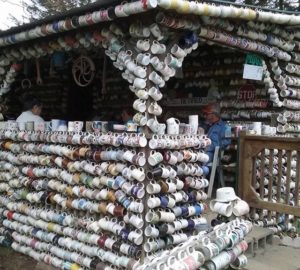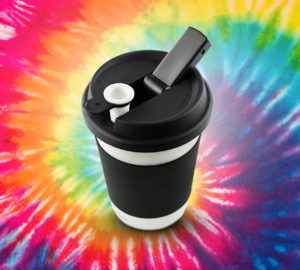It’s nearly impossible to keep up with all the new and fantastic uses scientists continue finding for recycled coffee grounds. From building roads to making clothes to being used as fuel, spent coffee grounds are no longer being seen as waste but as a raw material. Gizmodo reports that, in a somewhat ironic twist, coffee grounds are being used to filter lead and mercury out of water.
Usually, mixing coffee and water adds compounds to water, but a team of Italian scientists may have found a way to use coffee for remediation, the process of removing contaminants from water. In a paper published in ACS Sustainable Chemistry and Engineering, the scientists detail the rather complicated process by which they were to make coffee into a filter, most of which makes no sense to me. Luckily, Gizmodo was able to summarize the whole undertaking:
The scientists found that when left in still water for 30 hours, this coffee-foam filter removed 99% of lead and mercury, and that when filtering running water—like in real-world water systems—it could filter out up to 67% of the lead.
The results are fascinating and could represent a big step towards providing clean drinking water to more of the world. At the very least, they will make for an interesting topic for Maxwell Colonna-Dashwood and Christopher Hendon’s next book. Be on the lookout for Water for Coffee for Filtering Water, hitting bookshelves sometime in early 2018.
Zac Cadwalader is the news editor at Sprudge Media Network.
*top image via Foodal





















